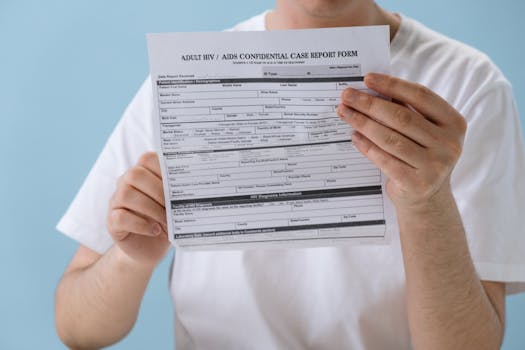Vehicle Data Privacy: Who Owns Information Cars Collect
As technology continues to advance, cars are no longer just a means of transportation but have become mobile computers, collecting vast amounts of data. This data includes information about the vehicle’s performance, location, and even personal information of the driver and passengers. With the rise of connected cars, the issue of vehicle data privacy has come into the spotlight. Who owns this data? Who has access to it? These are crucial questions that need to be addressed to protect the privacy of car owners and passengers.
The value of vehicle data
Firstly, it’s important to understand the value of vehicle data and why it’s becoming such a hot topic. Modern cars are equipped with sensors and cameras that can collect an enormous amount of data. This data is then used to improve the performance and safety of vehicles, enhance the driving experience, and provide valuable insights for the automotive industry. For example, car manufacturers can use data collected from their vehicles to identify and fix potential safety issues or to develop new features for future models.
Moreover, vehicle data is also valuable for third-party companies, such as insurance companies and advertisers, who can use it to personalize services and target potential customers. The data collected by cars can reveal a lot about the driver’s behavior, driving patterns, and even their daily routines. This information is highly sought after by companies looking to tailor their services and products.
The ownership of vehicle data
Now, the question arises, who owns this valuable data? Is it the car manufacturer, the driver, or the passengers? This is a complex issue with no straightforward answer. The ownership of vehicle data is determined by various factors and can vary depending on the situation.
Manufacturer ownership
Traditionally, car manufacturers have claimed ownership of the vehicle data, arguing that it is part of the car’s intellectual property. They argue that they need this data to improve their products and services and that it’s part of the driver’s agreement when purchasing the vehicle.
Some manufacturers have even included clauses in their terms and conditions that give them the right to collect, use, and share the data generated by their vehicles. This has raised concerns among consumers about their privacy and who has access to their personal information.
Driver ownership
On the other hand, drivers argue that they should have ownership of the data collected by their vehicles. After all, it’s their car, and they should have control over the data it generates. Drivers are also concerned that their personal information may be shared with third-party companies without their consent.
Some states in the US have enacted laws to protect the ownership of vehicle data for drivers. For example, the California Consumer Privacy Act gives consumers the right to know what personal information is being collected about them by companies, including car manufacturers, and to request that it be deleted.
The need for regulations
With conflicting claims to ownership and concerns over privacy, it’s clear that there is a need for regulations to address the issue of vehicle data ownership. The European Union’s General Data Protection Regulation (GDPR) has taken a step towards protecting the privacy of individuals by giving them control over their personal data. Under the GDPR, car manufacturers must obtain explicit consent from drivers before collecting and using their data. They must also give drivers the option to delete their data at any time.
However, more comprehensive regulations and standards are needed globally to ensure that car owners have control over their vehicle data. This will not only protect their privacy but also promote trust in connected cars and the data they collect.
In conclusion
The debate over vehicle data privacy and ownership is far from over. As cars become more connected, the collection and use of data will only increase. It’s important for car manufacturers, governments, and consumers to work together towards finding a balance between protecting privacy and using data for the advancement of technology. With the right regulations in place, both car manufacturers and drivers can reap the benefits of vehicle data without compromising on privacy.




